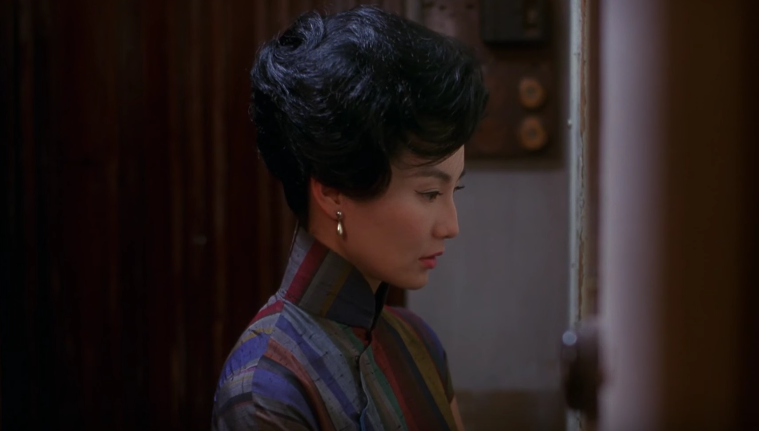
As an art, primarily, of feeling and rhythm, editing is perhaps one of the most complex and widely misunderstood aspects of filmmaking – mostly because it’s at its very best when the audience doesn’t notice it, but simply feels it. That may sound simple but, in reality, it’s anything else. You could study editing all you want and apply all the knowledge in the world and a cut still might not work because a film editor’s job — a lot of the time — is as instinctive as the edit. You just feel if it works or not, and that’s a natural skill — making it difficult to fully explain (and teach) the craft to others.
But that didn’t stop Tony Zhou from attempting to on the latest episode of Every Frame a Painting, taking on the basic principles of this intuitive process in a new video essay exploring what up-and-coming editors should be looking for when they’re working and watching. Using examples from some of the best editors of all-time (Michael Kahn, Paul Hirsch, Thelma Schoonmaker, and Walter Murch, to name a few) the essay succinctly clarifies the unconscious nature of film editing, the difference a seemingly minor edit can make to a story, and the way editing itself can tell that story.
Take a look below:

